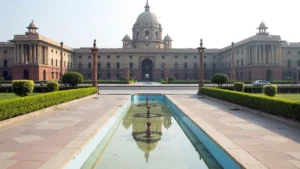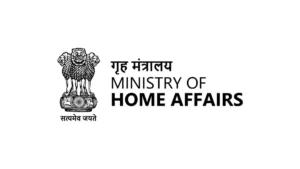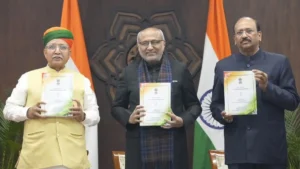The Pongal festival, also known as Bhogi Pongal, is a vibrant and auspicious harvesting festival widely celebrated in India. This four-day festival holds immense significance in the southern state of Tamil Nadu and marks the beginning of Uttarayan, symbolizing the end of winter and the onset of the harvest season.
Pongal Festival Dates
Pongal falls every year in January, during the Tai month of the Tamil Solar calendar, and this year, it begins on January 15, lasts until January 18. The festival is dedicated to the Sun God, Lord Surya, and is celebrated in various names across India – Magh Bihu in Assam, Lohri in Punjab, and Makar Sankranti in the Northern parts of the country.
Four Days of Festivities
Pongal is a four-day festival with each day holding unique significance. Bhogi Pongal kicks off the celebrations on the first day, followed by Surya Pongal on January 16, Mattu Pongal on January 17, and concluding with Kannam Pongal on January 18.
Rituals and Traditions
Bhogi Pongal (January 15)
Bhogi Pongal is marked by the lighting of bonfires, symbolizing the burning away of negativity and welcoming new beginnings. Homes are deep cleaned and adorned with flowers, diyas, lights, and Kolam. The day also features the preparation of the traditional Pongal dish made with freshly harvested crops, milk, and jaggery.
Surya Pongal (January 16)
Dedicated to Lord Surya, the second day involves offering prayers at sunrise, expressing gratitude for the Sun God’s blessings, and preparing Pongal as an offering.
Mattu Pongal (January 17)
This day is dedicated to worshiping cattle, considering them sacred in the culture. Cows are decorated with bells, beads, and flower garlands, and special offerings are made. Farmers are also celebrated for their hard work and dedication.
Kannam Pongal (January 18)
The final day brings families together to share love, laughter, and warmth. People visit relatives, exchange gifts, engage in traditional games, and express gratitude for the blessings of nature.
Other Traditions
Several other traditions are associated with Pongal, such as making Kolams to welcome Goddess Lakshmi, discarding old items, decorating the puja house, cooking food in clay pots, and tying manjal kothu around the pot. People dress in traditional attire, with men wearing kurta, dhoti, and angavastram, and women donning silk sarees.
Culmination with Pongal Dish
In the end, Pongal is all about rice, and cooking the Pongal dish is the highlight of the festival. The sweet version, Sakkarai Pongal, is made with rice, moong dal, ghee, cashew nuts, raisins, and jaggery. The spicy version, Ven Pongal, is prepared with ghee and spices like pepper and cumin.




 Big Change at Rashtrapati Bhavan! Lutyen...
Big Change at Rashtrapati Bhavan! Lutyen...
 India Launches ‘Prahaar’: New National C...
India Launches ‘Prahaar’: New National C...
 Vice-President Launches Tamil & Guja...
Vice-President Launches Tamil & Guja...








